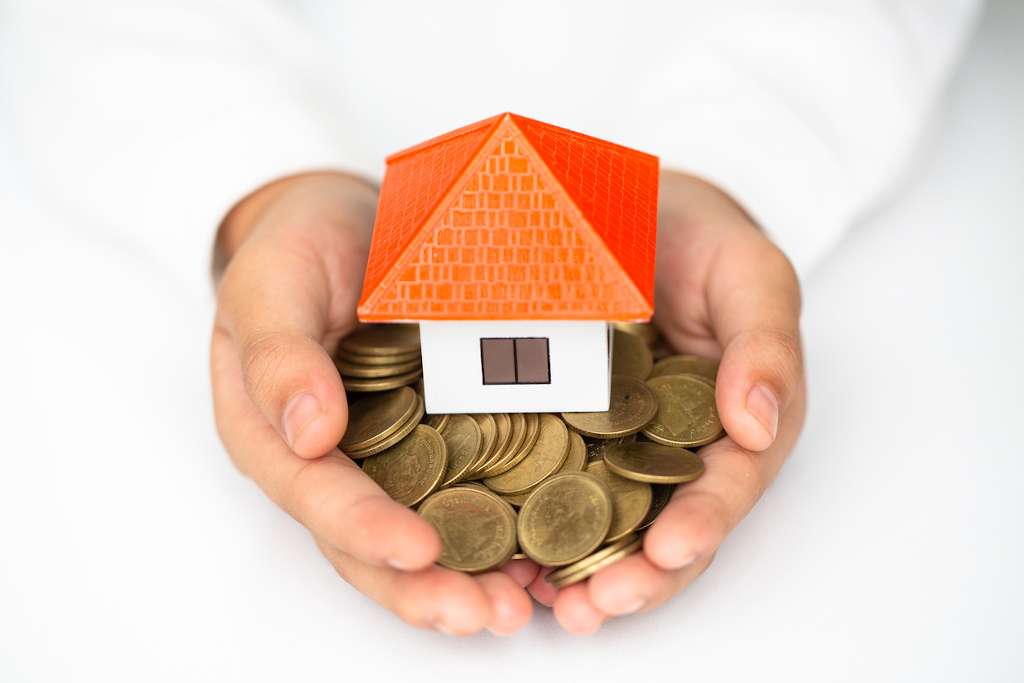 Are you thinking about moving to a bigger or newer home? Here are several tips and tricks on how to increase your home budget:
Are you thinking about moving to a bigger or newer home? Here are several tips and tricks on how to increase your home budget:
Save up for a bigger down payment
A higher down payment lowers the private mortgage insurance that you’ll need to pay upon taking out a loan. Private mortgage insurance (PMI) is a type of insurance that lenders usually require their buyers to purchase. This insurance protects the lender in case the borrower can’t make the monthly mortgage payments. However, paying for private mortgage insurance can be avoided if you make a down payment equal to one-fifth of the home’s purchase price. That’s why putting down at least 20% when buying a home has its advantages. With a bigger down payment, you don’t need to set aside money for private mortgage insurance. You’ll also pay less for closing costs and for your monthly mortgage payments. The money you save on foregoing a PMI can go into your home buying budget.Improve your credit score
When you apply for a loan, lenders will look at your credit score to determine whether you’re eligible, along with the conditions that apply. This three-digit number ranges from 300 to 850. A good credit score is typically 650 and above. A higher credit score means better loan terms. To increase your credit score, make sure to pay your bills on time, eliminate outstanding debt, and keep forego buying big-ticket items. Refrain from opening new credit accounts (unless needed) because it can lead to more debt. While it will take several weeks to see an improved credit score, it’s best to start right away so that it can make a difference when you talk to lenders.Lower your debt-to-income ratio
Your debt-to-income ratio is based on your monthly debt payments and gross monthly income. Lenders also look at this information in order to measure your ability to make your monthly payments and assess your buying habits. Here’s an easy way to calculate your debt-to-income ratio:- Divide your monthly debt payments by your gross monthly income.
- The quotient or result is your debt-to-income ratio.
- The lower the debt-to-income ratio, the better. According to Investopedia.com, a good ratio is around 28% to 36%.
Cut back on your expenses
In order to make the most out of your budget, it’s best to cut down on unnecessary expenses. By this time, we probably all know how to prep our own meals, brew or steep our own coffee, and make the most out of leftovers and pantry staples. Continue being resourceful when life gets back to normal. Eat your packed lunch outdoors with a flask of home-brewed coffee, for example. Every penny saved can go into your down payment fund. If you want a better way to keep track of your expenses, download a budget tracker app or have a small notebook by your side when you go out. This way, you can record your expenses and see whether your finances are in check.Talk to different lenders
Contacting different lenders gives you a better idea of your loan options. You can compare what each lender offers and figure out the loan package that works best for you. Not sure what to ask? Here are a few questions that can help you make your decision:- How much house can I afford?
- Do I qualify for a bigger loan?
- Which type of loan will help finance my home purchase?
- What is the interest rate?
- What is the annual percentage rate?
